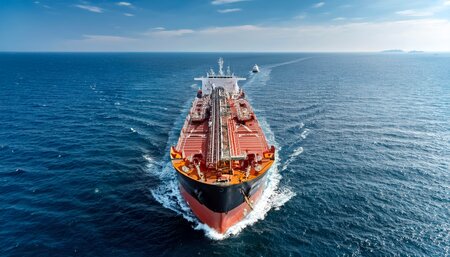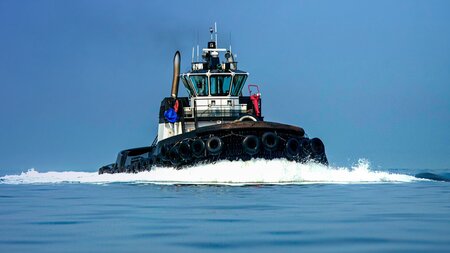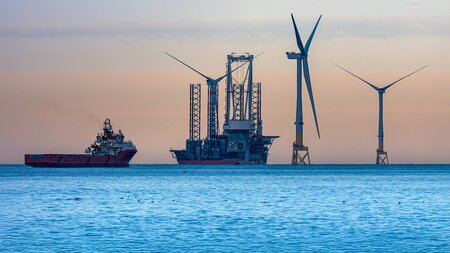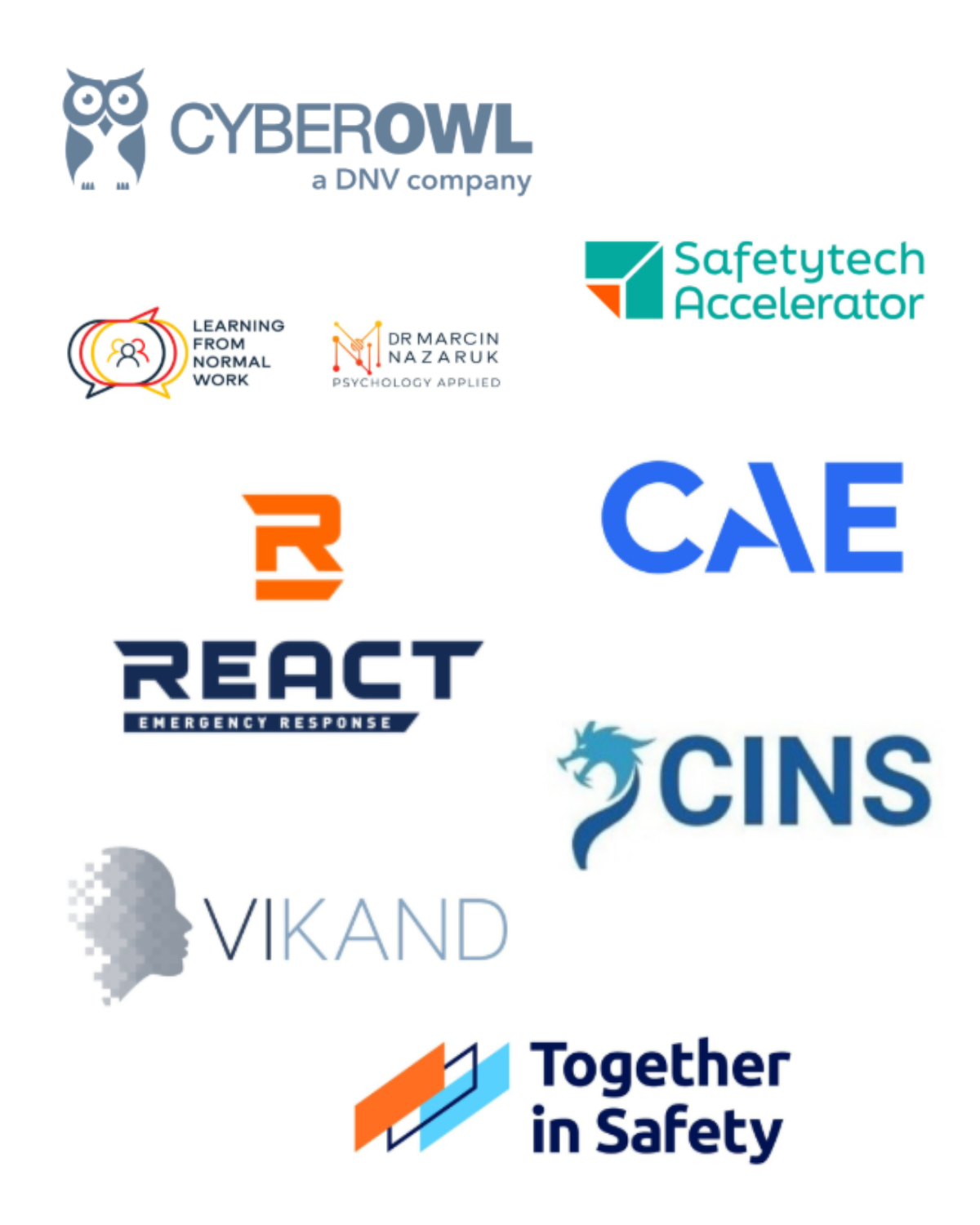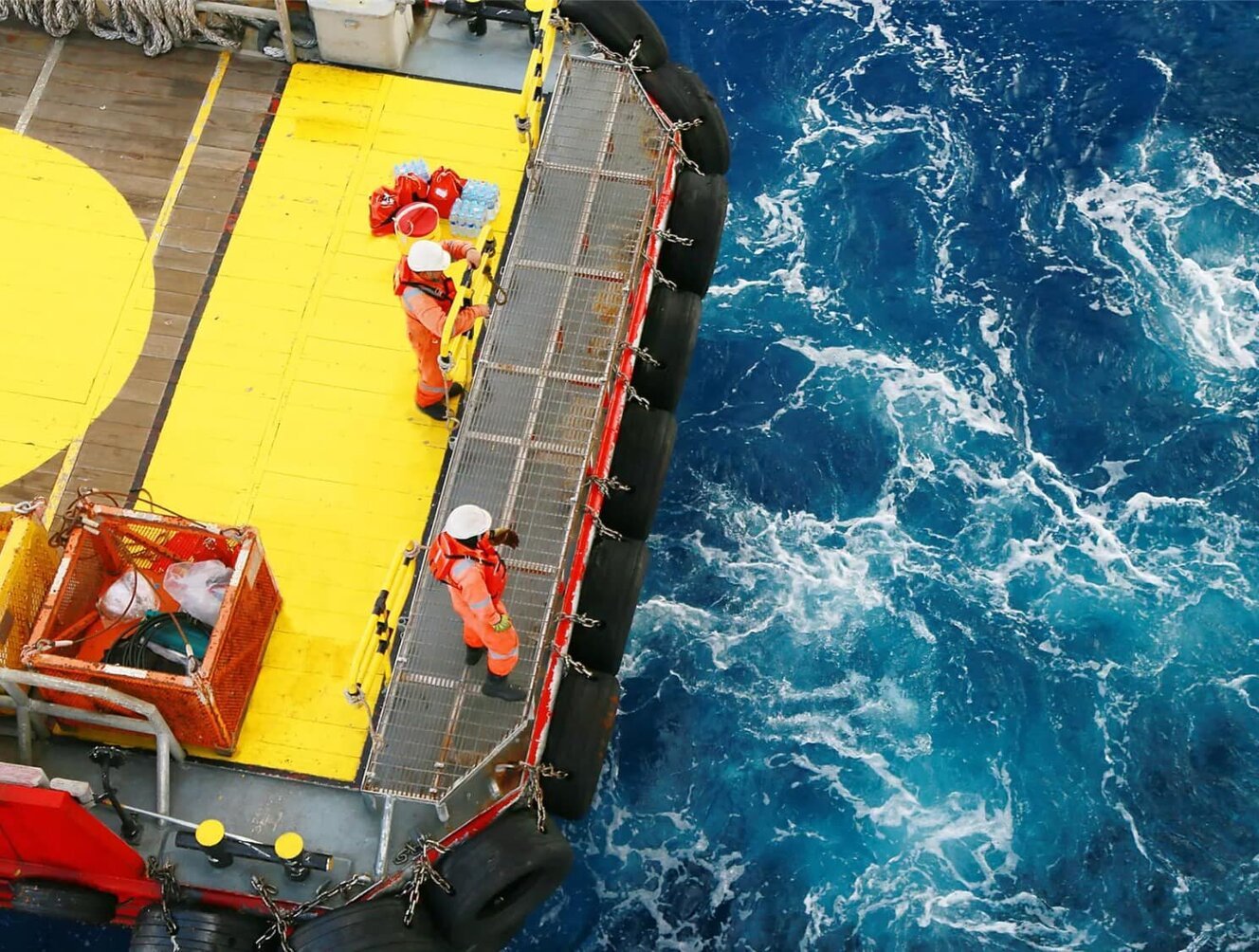| _dc_gtm_--property-id-- | Used by DoubleClick (Google Tag Manager) to help identify the visitors by either age, gender or interests. | 1 minute | HTML | Google |
| DSID | Google: Security, Functionality, Advertising for AdSense, Campaign Manager, Google Ad Manager, Google Analytics, Display + Video 360, Search Ads 360 | 2 weeks | HTML | Google |
| test_cookie | Google: Functionality for AdSense, Campaign Manager, Google Ad Manager, Google Analytics, Display + Video 360, Search Ads 360 | 15 minutes | HTML | Google |
| IDE | Google: Advertising for Campaign Manager, Display + Video 360, Google Ad Manager, Google Analytics, Search Ads 360 | 24 months | HTML | Google |
| FPLC | Google: Analytics for Google Analytics | 20 hours | HTML | Google |
| FPID | Google: Analytics for Google Analytics | 2 years | HTML | Google |
| GA_OPT_OUT | Google: Functionality for Google Analytics | 7 years | HTML | Google |
| __utma | Google: Analytics for Google Analytics | 2 years | HTML | Google |
| __utmb | Google: Analytics for Google Analytics | 30 minutes | HTML | Google |
| __utmc | Google: Analytics for Google Analytics | session | HTML | Google |
| __utmt | Google: Analytics for Google Analytics | 10 minutes | HTML | Google |
| __utmz | Google: Analytics for Google Analytics | 6 months | HTML | Google |
| __utmv | Google: Analytics for Google Analytics | 2 years | HTML | Google |
| _ga | Used to distinguish users. | 2 years | HTML | Google |
| _gat | Used to throttle request rate. | 1 minute | HTML | Google |
| _gat_--custom-name-- | Google: Analytics for Google Analytics | 1 minute | HTML | Google |
| _gid | Used to distinguish users. | 24 hours | HTML | Google |
| _ga_--container-id-- | Persists session state. | 2 years | HTML | Google |
| _gaexp | Google: Analytics for Google Analytics, Optimize | 93 days | HTML | Google |
| _gaexp_rc | Google: Analytics for Google Analytics, Optimize | 10 seconds | HTML | Google |
| _opt_awcid | Google: Analytics for Google Analytics, Optimize | 24 hours | HTML | Google |
| _opt_awmid | Google: Analytics for Google Analytics, Optimize | 24 hours | HTML | Google |
| _opt_awgid | Google: Analytics for Google Analytics, Optimize | 24 hours | HTML | Google |
| _opt_awkid | Google: Analytics for Google Analytics, Optimize | 24 hours | HTML | Google |
| _opt_utmc | Google: Analytics for Google Analytics, Optimize | 24 hours | HTML | Google |
| _gac_--property-id-- | Contains campaign related information for the user. If you have linked your Google Analytics and Google Ads accounts, Google Ads website conversion tags will read this cookie unless you opt-out. | 90 days | HTML | Google |
| AMP_TOKEN | Contains a token that can be used to retrieve a Client ID from AMP Client ID service. Other possible values indicate opt-out, request in progress or an error retrieving a Client ID from AMP Client ID service. | 1 year | HTML | Google |


